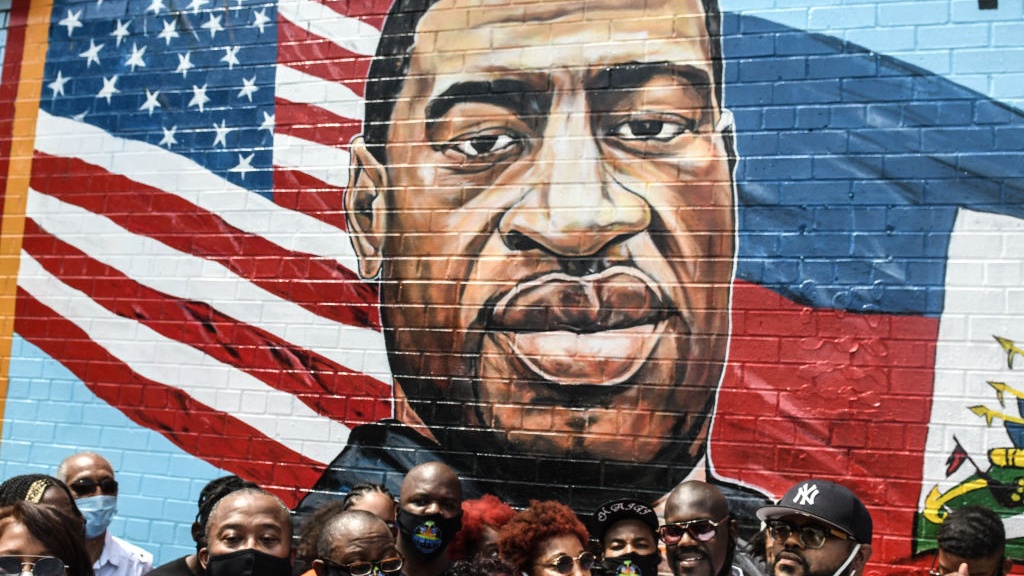A judge in Minnesota has ruled that the trial of the four former police officers involved in the killing of George Floyd can be streamed live this March.
According to the Star Tribune, Judge Peter Cahill said due to mass interest in the case and limited courthouse space, allowing video and audio recordings is the best way to respect the public and the defendants’ rights.
In a separate ruling on Thursday, Cahill ordered the four defendants to stand trial together. Due to social distancing guidelines, he's requiring four defense tables for each of the men and their lawyers. The judge also ruled that jurors in the trial will remain unidentified and will be sequestered while the trial is underway.
Although cameras have been allowed in the courtroom for years, live broadcasts of trials are rare occasions.
In 2015, the trial of mass murderer James Holmes was streamed live, but a judge ruled that television cameras were prohibited, according to independent Denver publication, Westword. TV stations then were limited to footage captured on a ceiling-mounted closed-circuit camera.
The legal teams of Derek Chauvin, J. Alexander Kueng, Thomas Lane and Tou Thao filed a joint motion in June asking for camera access at all the Floyd trial endeavors, including pretrial hearings and any subsequent trials, the Star Tribune reports.
Judge Cahill referred to First Amendment rights that guarantee members of the press and the public have access to trials, and the Sixth Amendment that allows the public to see that defendants are dealt with fairly in the legal process.
He also cited that only a limited number of media personnel were able to watch a recent hearing on the case from a separate courtroom with a live, fixed camera, per the Star Tribune.
The judge acknowledged that his ruling went deeper than what was outlined in Minnesota's rules regarding public access, but said civic involvement would be limited if the public was only able to watch the lawyers' arguments.
“That is hardly the basis for the public to participate in and serve as a check upon the judicial process,” he wrote.
Civil rights attorney Ben Crump, a lawyer representing the Floyd family, praised Cahill for what he said is the right decision. In a statement on Thursday, Crump wrote that trying the men together will paint a more accurate depiction of what actually happened on May 25, Rolling Out reports.
“Trying these officers together will give the jury a complete picture of what happened on the day that George was murdered,” Crump said. “The judge’s decision to keep the trial in Minneapolis is the right one. We never see Black defendants get a change of venue to increase the fairness of their trials, and the white officers involved in the death of George Floyd should rightly face a jury of their peers in the city where this tragedy took place.”
Raleigh Levine, a professor at Mitchell Hamline School of Law, said Cahill’s ruling is potentially groundbreaking for public access efforts.
“This ruling is not only unusual for Minnesota but it goes farther than the U.S. Supreme Court has gone in interpreting the very broad right to public access," Levine said.
According to The Tribune, Attorney General Keith Ellison, top supervisor of the prosecution, is against the motion. A representative from his office said he’s mulling the judge’s decision but has the option to appeal. Traditionally, trials are only broadcast in Minnesota if both parties consent.
